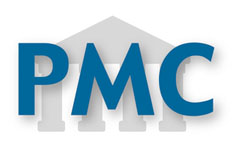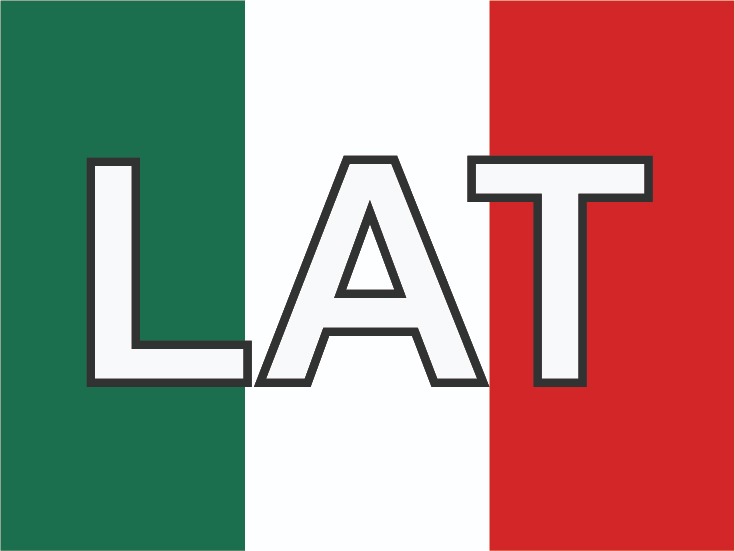Correspondence
Abstract
Recently, Valencia et al., published a very interesting article called «Lipid profile in a group of patients with Turner's syndrome at Clínica Universitaria Bolivariana in the city of Medellín between 2000 and 2009"1. An article which evaluated lipid levels in patients with Turner syndrome in a Colombian clinic, the study associated results of lipid profile with karyotype and other risk factors for coronary heart disease.Because of the importance of the article and the prevalence of Turner syndrome (1 in 2,000 live-born women), it is important to have assessed the relationship with glycaemia and diabetes, when it is clearly recognized that this association exists and may be related to alterations of lipid, body mass index and mortality in these patients2.
Although the article mentioned discusses the relationship between Turner syndrome and insulin resistance, it is important to know that a high risk for diabetes type 2 has been demonstrated among women with Turner syndrome, especially those with an isochromosome Xq, and it has been proposed that haploinsufficiency for Xp gene(s) causes the basic deficit in â-cell function seen in 45,X patients and that excess dosage of Xq genes exacerbates the deficit; perhaps by altering other genes involved in â-cell development and function or survival3. Therefore, it is necessary as it was in the article to analyze the laboratory results with those of karyotyping.
Additionally, the results of the karyotypes need to be expressed by following the updated nomenclature of the International Standing Committee on Human Cytogenetics (2009)4.
Finally, it is important for these patients to receive, as part of their management, genetic screening and genetic counseling where there are protocols defined for monitoring and evaluating other co-morbidities (renal anomalies, cardiac, dental, neurocognitive deficits and behavioral problems, among others) and not only of cardiovascular risk factors.
Authors
Downloads
Keywords
- Correspondence
- Editor
References
Valencia E, Serna LM, Betancur LM, Medina CM, Arango
A. Lipid profile in a group of patients with Turner’s
syndrome at Clínica Universitaria Bolivariana in the city of
Medellín between 2000 and 2009. Colomb Med. 2011; 42:
-60.
Stochholm K, Juul S, Juel K, Naeraa RW, Gravholt CH.
Prevalence, incidence, diagnostic delay, and mortality in
Turner syndrome. J Clin Endocrinol Metab. 2006; 91: 3897-
Bakalov VK, Cheng C, Zhou J, Bondy CA. X-chromosome
gene dosage and the risk of diabetes in Turner syndrome.
J Clin Endocrinol Metab. 2009; 94: 3289-96.
Shaffer LG, Slovak ML, Campbell LJ. An International
System for Human Cytogenetic Nomenclature (2009). International Standing Committee on Human Cytogenetic Nomenclature.
Basel: Karger; 2009.
The copy rights of the articles published in Colombia Médica belong to the Universidad del Valle. The contents of the articles that appear in the Journal are exclusively the responsibility of the authors and do not necessarily reflect the opinions of the Editorial Committee of the Journal. It is allowed to reproduce the material published in Colombia Médica without prior authorization for non-commercial use




















